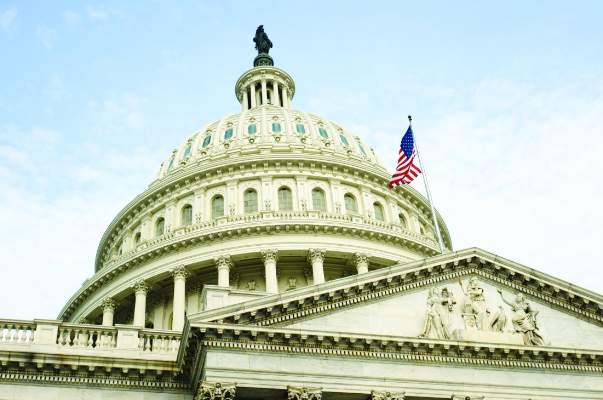The U.S. Senate blocked a proposed national ban on abortions after 20 weeks gestation following a closely divided 51-46 vote on Jan. 29.
The Pain-Capable Unborn Children Protection Act, which passed the House last year after a 237-189 vote, did not earn the 60 votes it needed to clear the Senate, marking a defeat for anti-abortion proponents such as Senate Majority Leader Mitch McConnell (R-Ky.).
If passed, the bill would have made it a crime for physicians to perform or attempt to perform an abortion if the probable post-fertilization age of the fetus was 20 weeks or more. Exceptions would exist for victims of rape or incest or to save the life of a pregnant woman.
In a Jan. 29 statement, Sen. McConnell said the Pain-Capable Unborn Child Protection Act reflects a growing consensus that unborn children should not be subjected to elective abortion after 20 weeks.
“There are only seven countries left in the world that still permit this,” he said in the statement . “That includes the United States along with China and North Korea. It is long past time that we heed both science and common-sense morality and remove ourselves from this undistinguished list.”
After the vote, President Trump said in a statement that it was “disappointing that despite support from a bipartisan majority of U.S. Senators, this bill was blocked from further consideration.”
The American College of Obstetricians and Gynecologists (ACOG) denounced the legislation in a Jan. 26 statement, calling it an attack on women’s access to comprehensive health care, including abortion care.
“This bill ignores scientific evidence regarding fetal inability to experience pain at that gestational age,” ACOG President Haywood L. Brown, MD, said in the statement . “In addition, the phrase ‘probable post-fertilization age’ is not medically or clinically meaningful, as it is impossible to know the precise date of fertilization, except where fertilization is achieved through assisted reproductive technology. This language creates ambiguity that would leave abortion providers vulnerable to unwarranted punishment.”
The vote was primarily split along party lines. Only three Democrats voted for the bill – Sens. Robert P. Casey Jr. of Pennsylvania, Joe Donnelly of Indiana, and Joe Manchin III of West Virginia. The three are all up for reelection this year in states in which Trump won in 2016.





